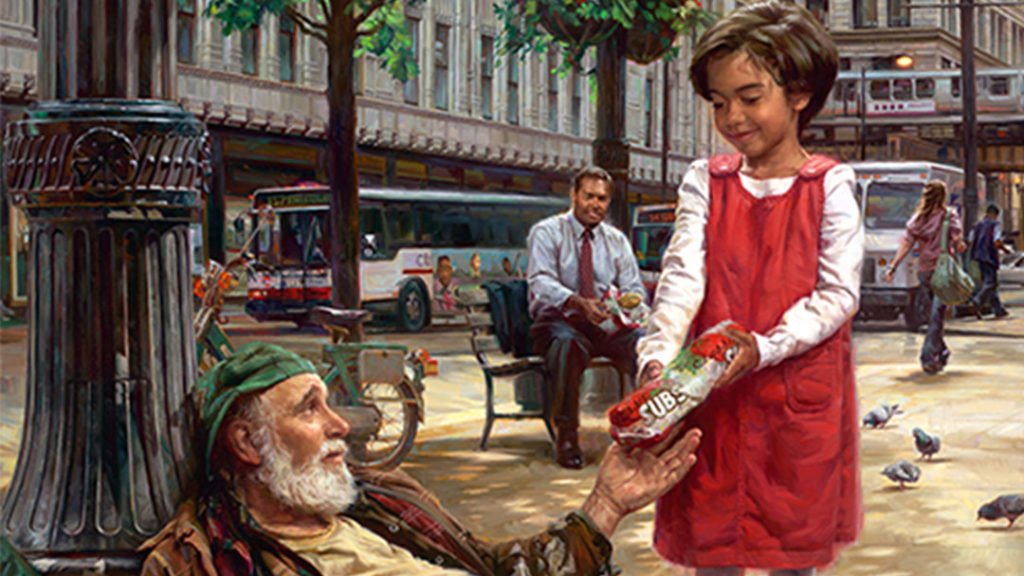
LOOKING OUT FOR THE LEAST


Sheltering in place at home is replete with ramifications for school children. It means that children who depend on school for a balanced meal may be malnourished for a while, and a hungry child may be an abused child. Making sure that children who depend on school for a nutritious meal are still fed is a responsibility we all have during this era of social distancing.
School is a safer physical and emotional space than home for some children. School is a refuge, a safe haven, a shelter in the time of storm. Some children suffer from home-aversion syndrome for any number of reasons, including interpersonal relationship issues between their parents. For others, home is a tension-filled arena because of financial strains, illness, sibling rivalry, etc.
When people are cooped up for long periods of time, the potential for an explosion of emotions and domestic violence is heightened. As much as humans are social creatures made for relationship and connection, the closer we get and the longer we are together, the greater the potential and probability for conflict. Cabin fever may be more lethal than COVID-19. We must remember that domestic tranquility is a value that is enshrined in the US Constitution.
How may you help vulnerable children confined at home during the pandemic? Be alert. If you suspect or overhear something, say something. Encourage your children to share information about a friend who may be experiencing child abuse. Teachers should be especially vigilant and attentive to hints of child abuse as they interact with their students via technology. Teachers and school counselors know the warning signs of child abuse and are skilled at extracting from children bits of information which tell a story of abuse when pieced together.
We are living in unprecedented times, and vulnerable children need somebody to look out for them. For years, school has been a significant line of defense against child abuse, but school at home makes it more challenging to help at-risk children. Yet, given that abused children are prone to suffer long-term effects that include difficulty in developing meaningful relationships, we must do everything we can to help them.
Everyone counts, everyone matters, including the vulnerable little ones. Let’s look out for the least. Jesus said: “Let the little children come to me, and do not hinder them, for the kingdom of God belongs to such as these” (Mark 10:14).
